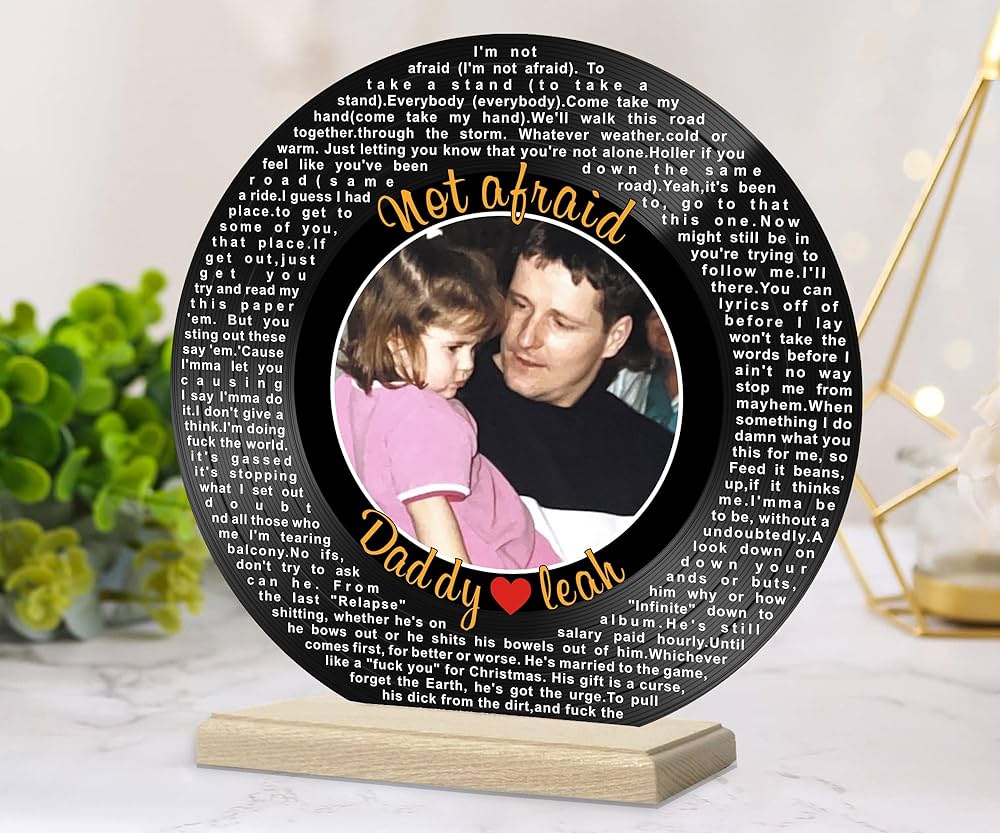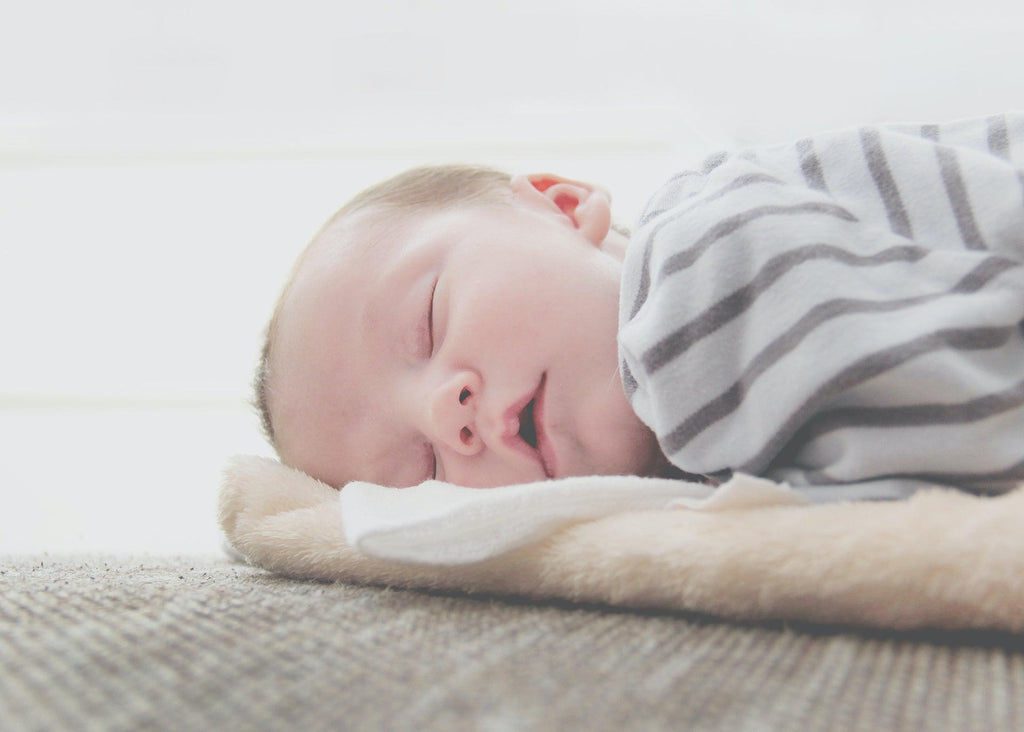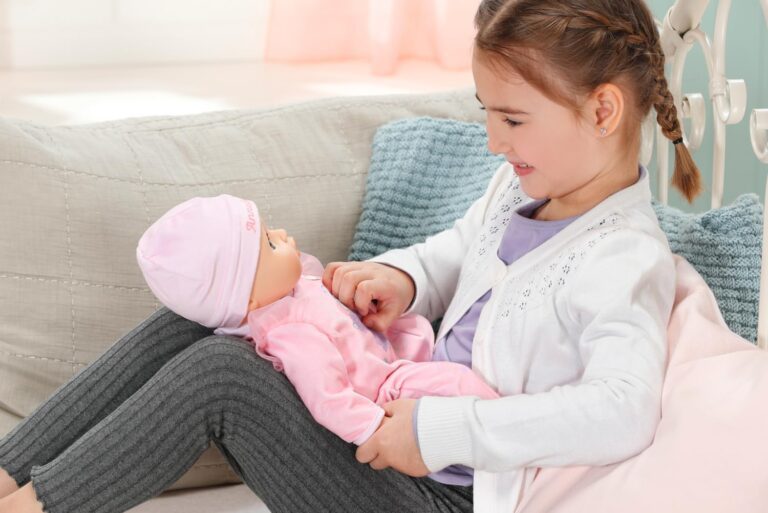How Many Gifts Should a Child Get for Birthday: Discover the Perfect Number
A child should typically receive three to four gifts for their birthday, although fewer or one special gift is also acceptable. This “rule of three” is based on the three gifts baby Jesus received, but some parents may choose to follow other guidelines.
The number of gifts can vary depending on the parent’s preference.
Understanding The Different Approaches
On a child’s birthday, the number of gifts varies. Some follow the “rule of three,” while others believe in four gifts – something they want, something they need, something to wear, and something to read. Different approaches exist, but the focus should be on quality rather than quantity.
The Rule Of Three And Its Symbolic Meaning
The rule of three is a popular approach to gift-giving for birthdays. This guideline entails giving a child three presents, mirroring the three gifts that baby Jesus received on his own birthday. These gifts are typically chosen to encompass a variety of categories, such as something practical, something fun, and something educational. Adhering to the rule of three can help strike a balance between providing an enjoyable birthday experience while avoiding excessive materialism.
The Four-gift Rule: Want, Need, Wear, And Read
Another approach gaining traction is the four-gift rule. This guideline is centered around four types of presents: something the child wants, something they need, something to wear, and something to read. By incorporating these different categories, parents can ensure that their child receives gifts that are both enjoyable and practical. This rule encourages thoughtful gift selection, emphasizing quality over quantity. It also promotes the development of essential skills and interests through the inclusion of educational and literary gifts.
Exploring Other Gift Guidelines
While the rule of three and the four-gift rule are popular options, some parents prefer to follow other gift guidelines entirely. There are no hard and fast rules when it comes to gift-giving, and every family has their own unique approach. Some parents choose to focus on experiences rather than physical gifts, opting for special outings, trips, or activities to celebrate their child’s birthday. Others may choose to give a single significant gift that holds personal meaning or sentimental value.
When determining how many gifts a child should receive for their birthday, it is essential to consider factors such as budget, family values, and the child’s individual personality and preferences. The goal is to create a memorable and meaningful celebration that emphasizes love, thoughtfulness, and appreciation rather than solely focusing on the number of presents a child receives.
Factors To Consider When Deciding The Perfect Number
When it comes to birthdays, one of the most common questions parents ask themselves is how many gifts their child should receive. There is no one-size-fits-all answer to this question, as the perfect number of gifts can vary depending on several factors. By taking into account the age and developmental stage of the child, personal financial situation and budget, balancing quantity and quality, as well as cultural and family traditions, parents can make an informed decision that will bring joy and excitement to their child’s special day.
Age And Developmental Stage Of The Child
The age and developmental stage of the child play a crucial role in determining the number of gifts they should receive. Younger children may be overwhelmed by a large number of gifts, whereas older children may appreciate and enjoy a bigger variety. It is important to consider the child’s maturity level and ability to appreciate and take care of their gifts. For example, toddlers may benefit from receiving a few high-quality, age-appropriate toys, while pre-teens may enjoy a combination of toys, books, and experiences that align with their interests and hobbies.
Personal Financial Situation And Budget
Your personal financial situation and budget should be carefully taken into account when deciding on the number of gifts for your child’s birthday. It is essential to set a realistic budget and stick to it, considering not only the cost of the gifts but also any other expenses related to the celebration. By establishing a budget, you can ensure that you provide your child with meaningful gifts without straining your finances.
Balancing Quantity And Quality
When it comes to gift-giving, finding the right balance between quantity and quality is key. It is not necessarily about the number of gifts, but rather the thought and meaning behind each one. Consider focusing on high-quality, meaningful gifts that will bring long-lasting joy and value to your child’s life. A smaller number of carefully selected gifts can create a more memorable and cherished experience compared to a large quantity of less significant items.
Cultural And Family Traditions
Cultural and family traditions can also influence the number of gifts a child receives on their birthday. Some families may have specific customs or beliefs that dictate the appropriate number of gifts. For instance, some follow the “rule of three,” while others may have different guidelines based on religious or cultural practices. It is important to respect and consider these traditions when making your decision.
In conclusion, when deciding on the perfect number of gifts for your child’s birthday, take into account their age and developmental stage, your personal financial situation and budget, the balance between quantity and quality, as well as any cultural or family traditions. By considering these factors, you can ensure a memorable and meaningful birthday celebration for your child.
The Impact Of Gift Quantity On Children
Children’s birthdays are often associated with a deluge of gifts, but how many is too many? While opinions vary, some follow the “rule of three” or the “four-gift rule” to strike a balance between celebrating and overwhelming the child. Ultimately, the impact of gift quantity on children should be carefully considered.
Avoiding Overindulgence And Materialism
When it comes to birthdays, there is often a temptation to go overboard and spoil our children with an abundance of gifts. However, it is crucial to consider the impact this gift quantity can have on our children’s values and behaviors.
Overindulgence and materialism are two significant concerns that arise when children are showered with too many gifts. It can lead to a sense of entitlement and an unrealistic expectation that they will always have access to an abundance of material possessions. This can hinder their ability to appreciate the value of things and develop a sense of gratitude for what they have.
Teaching Gratitude And Appreciation
By limiting the number of gifts a child receives on their birthday, parents have an opportunity to teach valuable life lessons about gratitude and appreciation. When children have fewer gifts, they are more likely to focus on the quality and value of each present. They learn to cherish and be thankful for what they have rather than constantly seeking more.
Encouraging children to express gratitude not only cultivates positive values but also enhances their emotional well-being. Research has shown that individuals who practice gratitude experience higher levels of happiness and satisfaction in life.
Fostering Creativity And Imagination
Reducing the quantity of gifts can also foster creativity and imagination in children. When children have fewer toys, they are more likely to engage in imaginative play and make the most of what they have. They learn to create their own games and use their imagination to transform everyday items into something new and exciting.
Imaginative play is essential for a child’s cognitive and social development. It helps them develop problem-solving skills, empathy, and the ability to think outside the box. By encouraging this type of play, parents can cultivate a child’s creativity and open up a world of possibilities.
Prioritizing Experiences Over Material Gifts
Instead of focusing solely on material gifts, parents can prioritize experiences as a way to celebrate a child’s birthday. Whether it’s a special outing, a day filled with fun activities, or a memorable family adventure, experiences have a lasting impact on children.
Experiences create memories and foster connections with loved ones. They provide valuable opportunities for learning, growth, and bonding. By prioritizing experiences over material gifts, parents can create meaningful moments that leave a lasting impact on a child’s life.
Practical Tips For Choosing The Right Number Of Gifts
When it comes to birthdays, deciding how many gifts a child should receive can be a challenging task for parents. While some prefer to follow specific guidelines like the rule of three or four gifts, others take a different approach. This section will provide practical tips for choosing the right number of gifts, ensuring a memorable and meaningful birthday celebration for your child.
Set Clear Expectations And Communicate With Relatives
Setting clear expectations and communicating with relatives is essential when it comes to choosing the appropriate number of gifts for your child’s birthday. Share your preferences with family members and close friends to ensure everyone is on the same page. By letting them know your intention to limit the number of gifts, you can avoid an overwhelming influx of presents.
For instance, you can send a polite and friendly message or have a conversation with your loved ones, expressing your desire for simplicity and quality over quantity. Emphasize the importance of focusing on thoughtful gifts that align with your child’s interests and hobbies.
Encourage Non-material Gifts And Experiences
Another effective way to choose the right number of gifts is by encouraging non-material gifts and experiences. Instead of solely focusing on physical presents, encourage your relatives and friends to consider options that create lasting memories and personal growth for your child.
These non-material gifts could include activities such as a trip to a museum, a cooking class, a membership to a sports club, or even a family vacation. By shifting the focus to experiences, your child will not only receive something valuable but also gain new skills, knowledge, and cherished moments with loved ones.
Consider The Child’s Interests And Hobbies
When selecting the number of gifts for your child’s birthday, it’s crucial to consider their specific interests and hobbies. By personalizing the presents based on their preferences, you can ensure that each gift will be cherished and enjoyed.
For example, if your child loves reading, you can choose a few age-appropriate books that match their taste. If they enjoy sports, consider getting them new equipment or enrolling them in a sports-related program. By tailoring the gifts to their passions, you can create a meaningful and impactful birthday experience.
Quality Over Quantity: Investing In Lasting Gifts
Instead of focusing on the number of gifts, prioritize the quality of the presents. Investing in lasting gifts that have meaning and significance can make the birthday celebration even more special.
Consider gifts that have a long lifespan and can be enjoyed for years to come. This could include items like a musical instrument, a high-quality art set, a handcrafted toy, or a piece of jewelry. By investing in these lasting gifts, you are not only providing enjoyment in the present but also creating lasting memories and experiences for your child.
Remember, birthdays are not just about receiving material gifts, but also about celebrating the love and joy surrounding your child’s special day. By following these practical tips and focusing on the value of each gift, you can ensure a memorable and meaningful birthday experience for your little one.

Credit: www.nytimes.com
Frequently Asked Questions Of How Many Gifts Should A Child Get For Birthday
How Many Birthday Presents Should A Child Get?
A child should ideally receive three to four birthday presents. Some parents follow the “rule of three,” while others believe in four. It’s also important to consider the quality of the gifts rather than just the quantity.
How Many Gifts Do You Get Per Child?
On average, a child should receive at most three or four gifts for their birthday, although giving them fewer or even one special gift is also acceptable. The number of gifts varies among parents and depends on personal preferences.
What Is An Appropriate Amount For A Kids Birthday Gift?
An appropriate amount for a kids birthday gift is typically three or four gifts. Some follow the “rule of three” or the “four-gift rule,” while others may choose to give fewer or one special gift. The important thing is to consider the child’s preferences and budget accordingly.
How Many Gifts Should Santa Bring Kids?
A child should ideally receive three or four gifts from Santa, such as a hand-crafted wooden toy or a special item made by parents. It’s important not to give extravagant gifts to wealthy children and minimal gifts to less fortunate ones.
Big gifts should primarily come from friends and family.
Conclusion
When it comes to deciding how many gifts a child should receive for their birthday, there are no set rules. Some families follow the “rule of three,” while others believe in four or even more. Ultimately, it’s up to parents to determine what works best for their child and family.
Whether it’s three or four gifts, or even just one special present, the most important thing is to focus on the quality of the gifts rather than the quantity. Celebrating a child’s birthday is about creating special memories and showing them love and appreciation.








